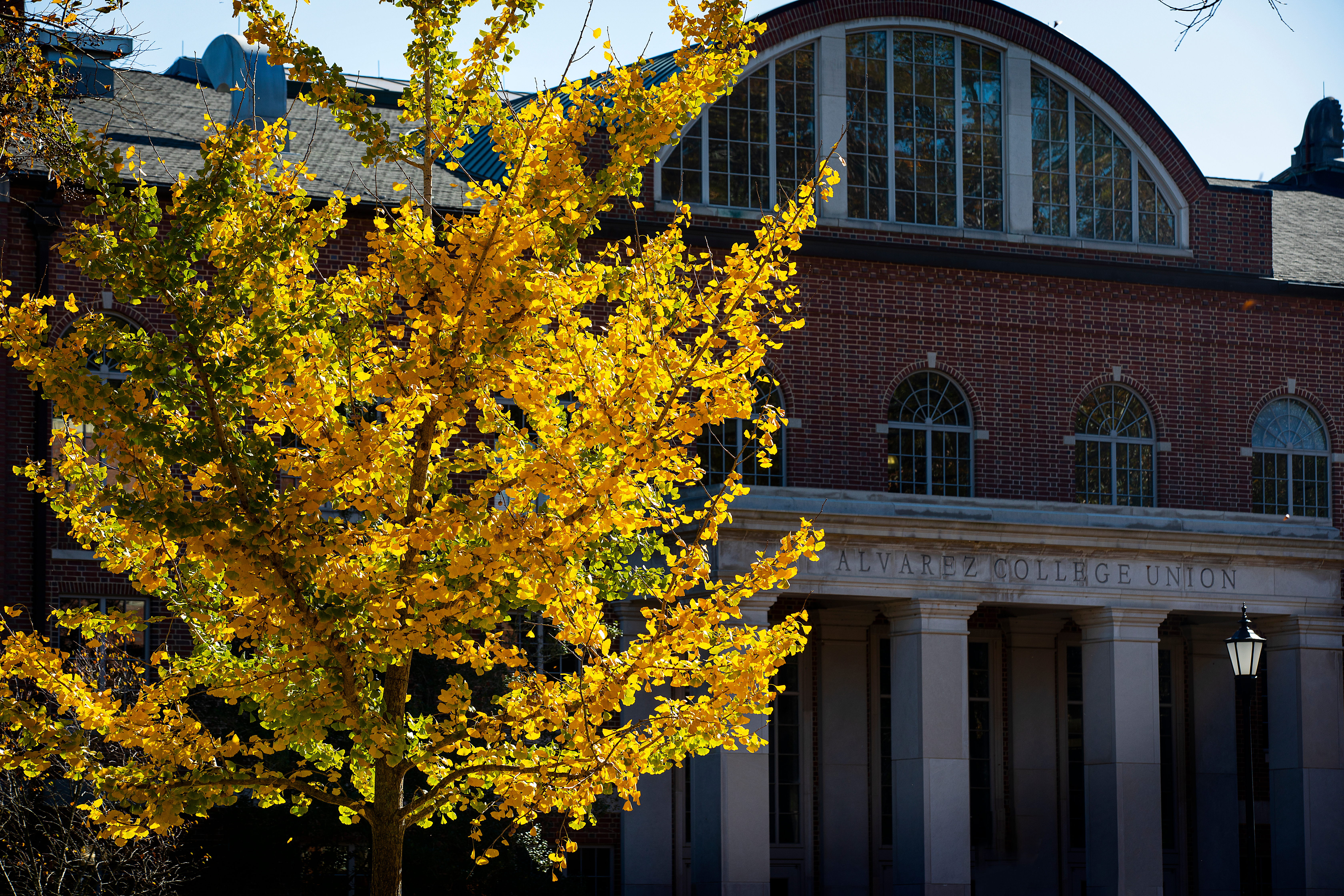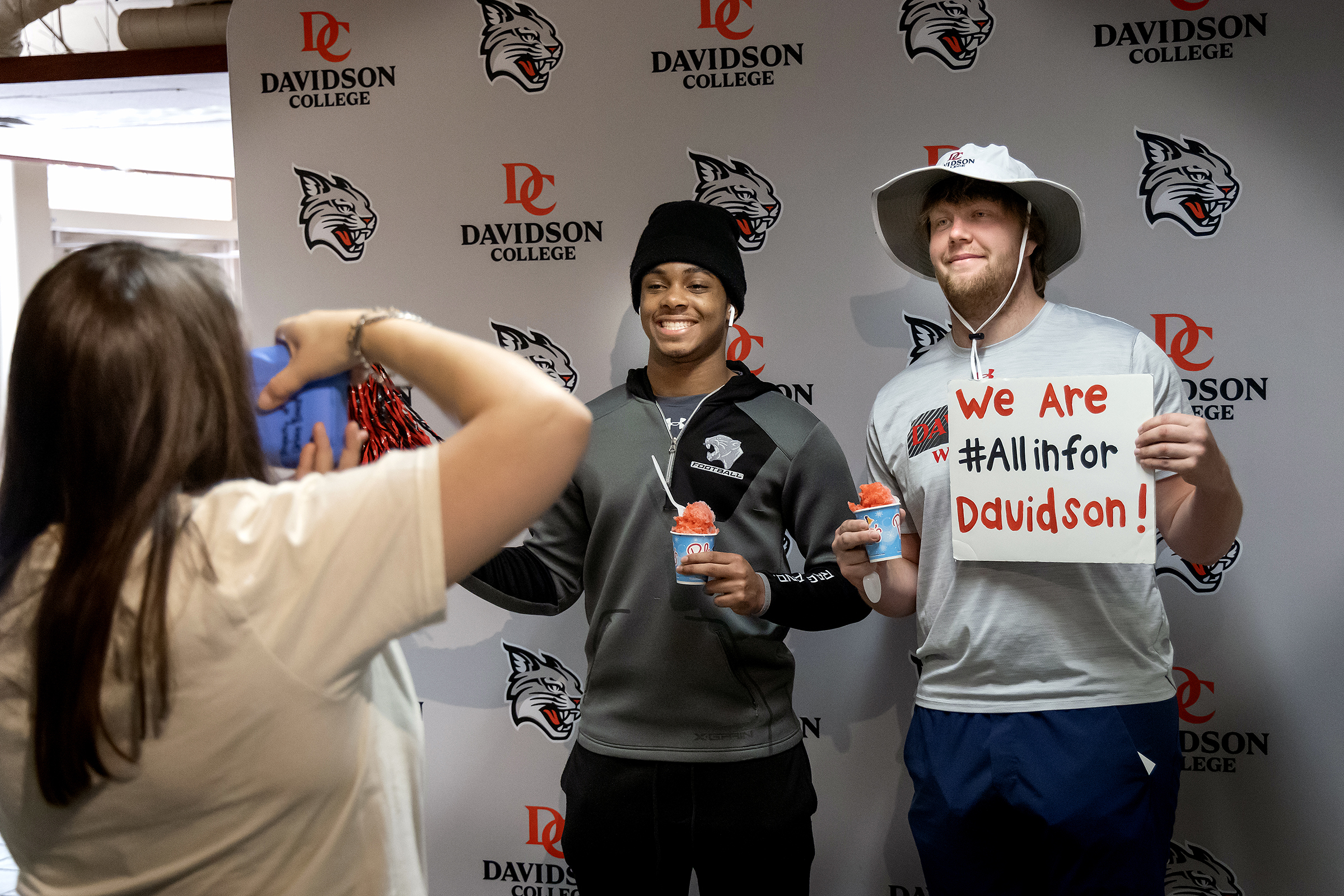My Davidson | A Student Blog Building a Better Learning Community: FIRST and MILE
October 17, 2022
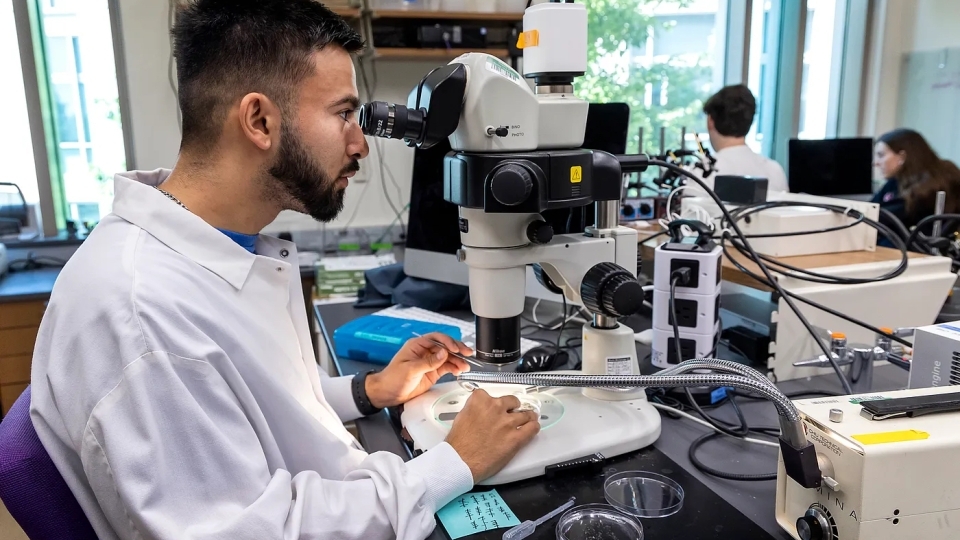
Two students share their experiences with FIRST (Fostering Inclusivity and Respect in Science Together) and MILE (More Inclusive Learning Environments), Davidson organizations that aspire to remove barriers, to be more welcoming, and to help make science and scientists more diverse.
FIRST aims to build our inclusive capacity to engage all students in science, especially those who are new majority students or come to college via non-traditional pathways. Learn more on FIRST’s website.
Shreya Sharma ’24: Feeling Heard at Davidson
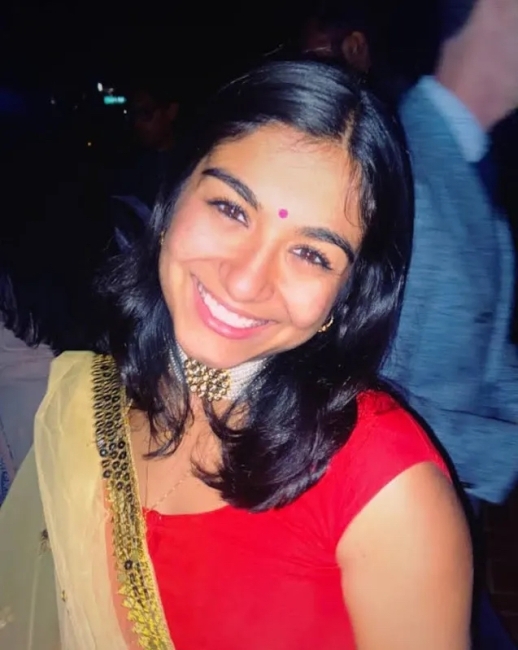
Shreya Sharma ’24 (she/her) is a psychology major from Richmond, Virginia. "I have a pet hamster named Lady Gaga, and she would probably say I am the most fun person in the world. My favorite way to spend a Saturday is outside with my friends or family!”
The FIRST Action Team is an initiative that allows students to advocate for inclusivity within academics (specifically STEM). The FIRST action team also pilots a program called MILE (More Inclusive Learning Environments), which allows students to share their academic experiences (specifically with regard to inclusivity and diversity in STEM) with faculty and staff who are eager to listen and learn. The group is led by Dr. Barbara Lom, Davidson professor of neuroscience and biology, who has worked alongside us to create these spaces.
I expected my first MILE conversation to be a lot harder than it was. As a student, you do not often have the platform to teach faculty and staff. In most cases, faculty and staff members are in the position of mentoring us. Moreover, I knew that in this conversation I had to be honest and vulnerable about the experiences I had in classroom settings, and explicit in recommending how faculty and staff members could adjust their practices to better accommodate students. I was in an ideal position to advocate for myself and my peers to people that had the power to change the way they were doing things. It was an incredible opportunity, but also one that I felt a little nervous about. However, after the first conversation, I felt empowered. I had learned so much from the other MILE student advisors who shared their experiences; I had the opportunity to put a voice to struggles myself and other students were facing; and most importantly, I felt heard by faculty and staff members who cared about making a change. I know that after every MILE conversation, every participant (students, staff, and faculty alike) leaves the room having learned something new. We leave the room feeling lighter and inspired. We leave the room more aware of how we can be better to one another in our daily lives. To be a part of this type of institutional change is such a gift.
Nahi Nadra ’23: Amplified Voices, More Welcoming Classrooms
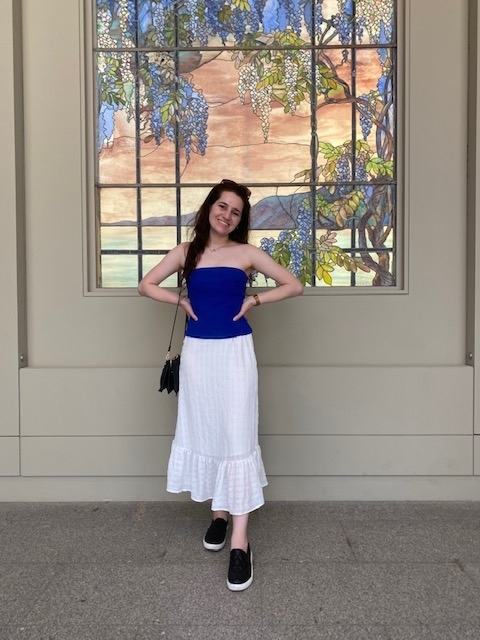
Nahi Nadra ’23 (she/her) is a biology major and premedicine student from Denver, North Carolina.“Some of my not-so-secret passions are creating themed playlists on Spotify and remembering to update my personal podcast every three to six business months.”
My legs were shaking and my palms were sweating as I anticipated whom my professor would cold call on to explain the figure projected on the board. “Erm, Nahi… did I say that correctly? Walk us through this figure,” they declared. Everyone around me shifted uncomfortably; it was a month into the semester and my professor still asked me how to say my name every time I was called on. I cleared my throat and did my best to respond, but I gave the wrong answer. My cheeks burned with embarrassment as they moved on to the next person.
“Nahi you need to correct them,” one of my classmates urged me after class. “If you don’t, I will!”
“It’s too late into the semester, and I’m scared about how they will react,” I replied. The next day class met, my classmate locked eyes with me at the end of class and nudged their head towards my professor. I approached my professor after class and explained how to pronounce my name. My professor took note of the pronunciation on the attendance sheet.
I wish I could tell you that my name was said correctly in class after that day. It wasn’t, but the encouragement and support I received from my classmate gave me the confidence to stand up for myself.
I joined the FIRST Action Team the fall of my junior year at Davidson in the hopes of paying it forward and giving students resources to be successful and comfortable in class. FIRST strives to make STEM classes inclusive and accessible to all students, regardless of their background. Everyone comes into Davidson with a different story and perspective. This may be due to the type of classes a student had access to in high school, their racial or cultural background, socioeconomic status, or for another reason. Oftentimes, there is a disconnect between students and their peers or professors in STEM classes due to these factors. The 2021–22 FIRST Action Team discussed this phenomenon while planning our events for the year, and we realized that students needed a forum to voice their experiences in STEM classes at Davidson. We planned an event called “Stories Behind the Numbers” and invited students who identified as underrepresented on campus to answer questions about their experiences with STEM classes at Davidson. We kept an anonymous record of responses and advice and shared quotes from the event with professors via a presentation and with the student body via fliers. Students were grateful to see their voices amplified, and professors appreciated being given tangible ways to prevent microaggressions and make their classroom more welcoming.
Being a FIRST Action Team member was such a rewarding experience. I met with four other members every week for two hours and we worked together over dinner to plan events or make infographics that could be shared with the college community. Initiatives included free textbooks, a spreadsheet of STEM organizations on campus, and infographics explaining representation in different majors on campus. I can’t wait to see the ideas this year’s team brings to the table. Together we can ensure that we retain diverse STEM students at Davidson.
